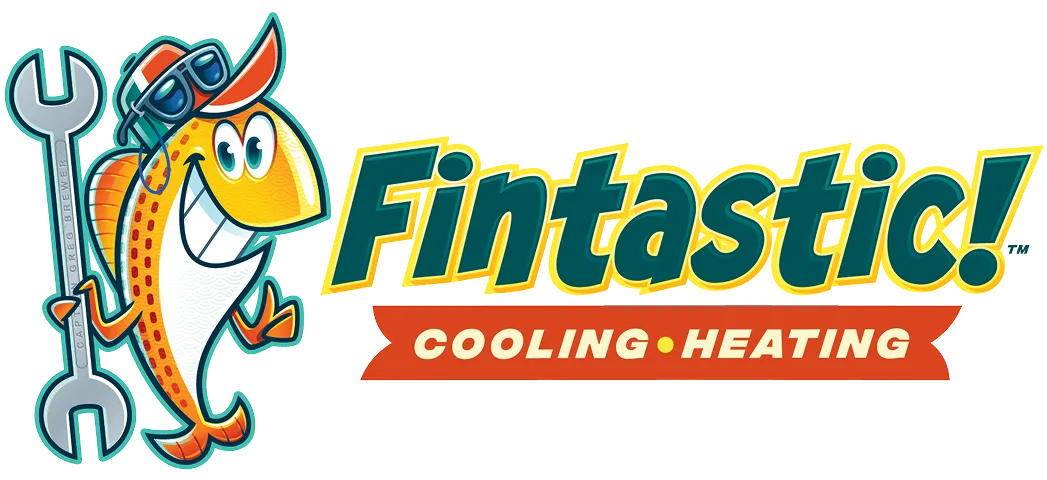Furnace Tune Up in Alvin, TX
A professional Furnace Tune Up in Alvin, TX ensures your heating system runs safely, efficiently, and reliably when Gulf Coast cold fronts roll through. While winters here are generally mild, sudden freezes and damp, salty air can stress furnace components that spend most of the year idle. A focused tune-up addresses common failure points, reduces energy costs, and helps prevent emergency repairs during the coldest nights.
.jpg)
Why a furnace tune-up matters in Alvin, TX
- Winters are short but can include abrupt cold snaps. Furnaces that are not maintained often fail the first time they are needed.
- Coastal humidity and occasional salty air can accelerate corrosion on electrical components, burners, and heat exchangers.
- Many homes in the area use gas furnaces; safety checks (like heat exchanger inspection) are essential to detect leaks or cracks that could cause carbon monoxide risk.
- Neglected systems run harder, waste energy, produce uneven heat, and shorten overall equipment life.
Common furnace problems in Alvin homes
- Delayed or no ignition because of fouled igniters or clogged pilot assemblies
- Yellow or lazy flames indicating burner or airflow issues
- Poor airflow due to dirty blowers or clogged filters
- Short cycling from thermostat or control problems
- Reduced heating capacity from soot, dirt, or partial blockages
- Electrical failures from corroded or loose wiring connections
- Cracked heat exchangers from thermal stress or unaddressed wear
Standard Furnace Tune-Up Checklist
A proper tune-up follows a consistent, safety-first checklist. Typical items included during a furnace tune-up in Alvin, TX:
- Heat exchanger inspection
Visual and, when needed, further testing to identify cracks or corrosion that could allow combustion gasses to escape. - Igniter and pilot checks
Verify reliable ignition and proper pilot operation; clean or replace components showing wear. - Burner cleaning and adjustment
Remove soot and deposits, then adjust burners for correct flame pattern and combustion efficiency. - Blower motor and wheel servicing
Clean blower assembly, lubricate bearings (if applicable), and verify motor amperage and belt condition. - Wiring and electrical inspections
Tighten connections, check relays, fuses, and capacitors for wear and proper voltage to reduce failure risk. - Thermostat calibration and control verification
Confirm thermostat accuracy and proper cycling; test safety controls and limit switches. - System performance testing
Measure temperature rise across the heat exchanger, monitor gas pressure (for gas furnaces), test airflow, and verify overall system responsiveness. - Filter check and basic airflow evaluation
Inspect filter condition and duct airflow basics; recommend replacements or further ductwork service if needed.
What the technician will do and why it matters
Technicians start with a safety inspection, focusing on combustion and electrical systems. Cleaning burners and the blower restores airflow and proper combustion, improving efficiency. Tightening or replacing worn electrical connectors prevents intermittent failures that commonly show up during cold weather. Calibration of thermostats and controls reduces short cycling and extends furnace life. Performance testing confirms the unit meets manufacturer specifications, which helps spot early signs of failure before they become costly.
Expected outcomes after a tune-up
- Safer, more reliable operation with reduced risk of carbon monoxide or ignition failures
- Improved heating efficiency and more even temperature distribution
- Fewer surprise breakdowns during cold snaps
- Extended equipment life and more predictable maintenance planning
- Clearer diagnostics to inform repair vs replacement decisions
Recommended tune-up frequency for Alvin, TX homes
- Annual fall tune-up is recommended for most homeowners — schedule service before heating season to catch issues early.
- Homes with older furnaces (10+ years), heavy dust, or frequent on-off cycling may benefit from biannual inspections.
- If your system sits idle most of the year, a pre-season check is especially important to ensure reliable startup.
Signs you need a tune-up now
- Strange odors or persistent smell of gas or burning
- Furnace runs but heat seems weak or rooms stay cold
- Frequent short cycling or unusual loud noises during operation
- Increased energy bills without a clear reason
- Pilot light that frequently goes out or a yellow pilot flame
- Visible rust, soot, or unexpected leaks around the unit
Practical maintenance tips for Alvin homeowners
- Replace disposable air filters every 1–3 months depending on occupancy, pets, and indoor air quality needs.
- Keep the furnace area clear of storage, paint cans, and combustible items to maintain airflow and safety.
- Ensure vents and returns are not blocked by furniture or drapes to preserve airflow balance.
- If your home is near the coast or wooded areas, inspect the outdoor combustion air intake and flue for corrosion or debris more frequently.
- Consider a humidity management strategy; overly damp crawlspaces or basements can accelerate metal corrosion in HVAC systems.
Long-term benefits of regular tune-ups
Regular furnace maintenance improves safety, lowers operating costs, and provides peace of mind. Small repairs identified during tune-ups are almost always less expensive than emergency part replacements or system failures. For homeowners planning long-term occupancy, consistent maintenance preserves equipment value and helps spread replacement decisions over time with clear data.
A professional Furnace Tune Up in Alvin, TX gives you a thorough, safety-forward inspection and measurable improvements in performance. With the local climate’s humidity and occasional cold fronts, keeping your furnace tuned is the most reliable way to ensure comfort, safety, and efficient operation throughout the heating season.
Customer Testimonials
Our customers praise our exceptional service and attention to detail, consistently exceeding expectations.































































